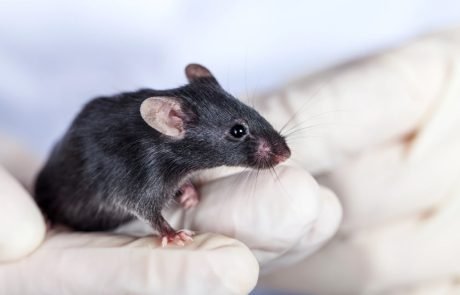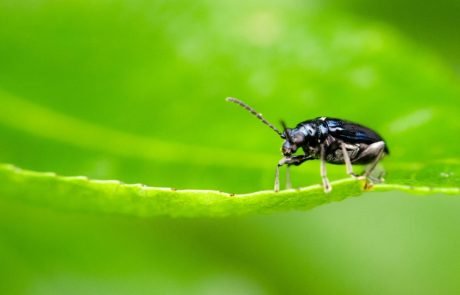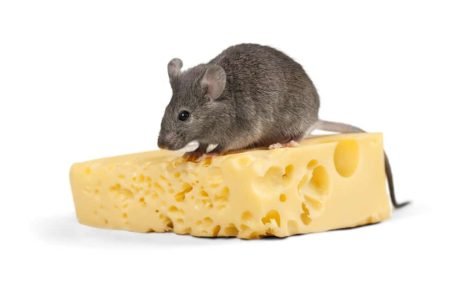The way we process faces may be out of our control — at least to some degree — and can unknowingly lead to discrimination. So the authors of a new
Archive for July 2019
According to a new report published on 5 July in Science, planting more trees could be the best way to mitigate climate change — and the cheapest (1). But trees
The Emmanuelle Ducros affair (1) currently making waves in the French-speaking Twittersphere illustrates two new developments in the controversy that is raging in the pro-science community against the zealots of
A milestone study published on 3 July in Nature Medicine demonstrates the use of a novel gene-editing approach for preventing deafness in mice genetically predisposed to hearing loss (1). Importantly,
A new perspective published on 2 July in Nature sheds light on the over-exploitation of sand resources, which is damaging the environment and communities, promoting violent conflict, and leading to
Power plants, boilers, furnaces, vehicles, and other existing energy infrastructure must be retired to meet the 1.5-degree-Celcius target set out in the Paris agreement and stabilise the climate; however, the
Scientists have taken a huge step in furthering our understanding of the internal structure of a leaf. The new findings published on 27 June in Nature Communications also provide insights
The health of ecosystems relies on insects, therefore, conservation efforts should focus on all insect species, not only bees and butterflies, according to the authors of a new perspective published
A multidisciplinary group of experts from academia, research centres, and funding organisations propose a Global Surveillance System (GSS) to improve global food security by preventing crop diseases. The GSS would
Scientists have discovered a distinct class of neurons or brain cells that may control eating behaviours. Consuming fatty foods alters the activity of these neurons in mice, essentially “releasing the









